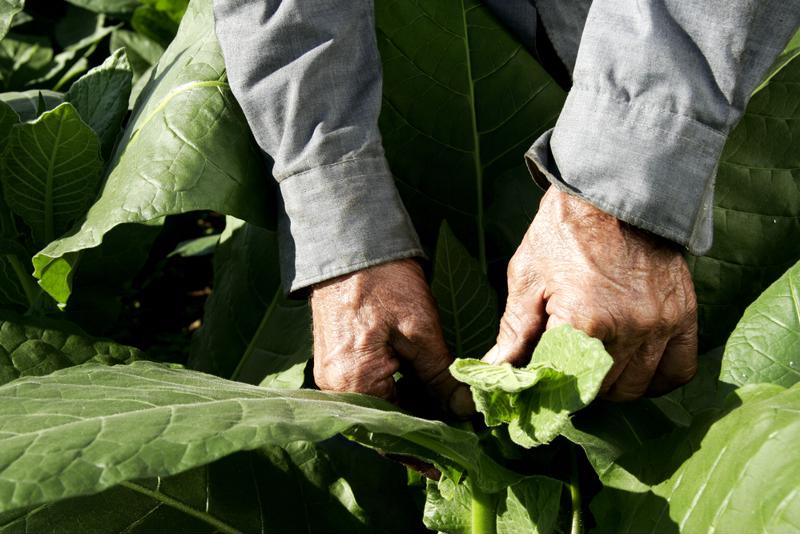The long running debate over the implementation of the Trans Pacific Partnership has colored the political landscape of the various countries involved. Now Japan’s national legislative body, the Diet, is having its own debate on the merits and faults of the free trade agreement.
The country’s ruling parties have kick-started deliberations over TPP with hopes that the Diet can come to a final decision on the deal before the end of the current session, on June 1. The agreement, that includes 11 other countries besides Japan and covers 40 percent of the world’s economy, would open up trade between various Pacific Rim nations. However, it is not without controversy. Opposition seems to follow the free trade agreement wherever it goes, and Japan is no exception. Potential adverse affects of the TPP on farmers are sure to be one of the sticking points members of the Diet face this session.
Prime Minister Shinzo Abe is one prominent figure in the Japanese government that is in favor of TPP. He asserts that the agreement would boost the company’s gross domestic product by 14 trillion yen ($126 billion), according to Nikkei Asian Review. The ruling parties hope that deliberations over the free trade deal move quickly, so that they can make sure it passes before the summer – likely sometime in May.
 The fate of farmers is one of the TPP oppositions of Japan’s concerns.
The fate of farmers is one of the TPP oppositions of Japan’s concerns.Lawmakers opposed to TPP make their arguments
The opposition hopes to throw a wrench in this plan by invoking the potential plight of farmers if the agreement is implemented. Numerous arguments have been made claiming the government’s assertion that the agricultural sector will be minimally affected is wrong. Akira Kasai, a member of the Japanese Communist Party, called TPP the “worst-ever blow to agriculture,” the Nikkei Asian Review reported. Shiori Yamao, a lawmaker with the Democratic Party, said the government’s statement that agricultural production would drop by 210 billion yen at the most was “dishonest” and an “underestimate.”
Yamao went on to explain Japan’s national interests wouldn’t be protected by TPP, Japan Today noted. She noted that duties on around 30 percent of the country’s key products would be stripped if the agreement is passed. In addition, the free trade deal calls for Japan to remove tariffs over time on 95 percent of imported products from the farm and industrial sectors, among others.
In addition, the secretive nature of TPP negotiations have turned off many citizens of the member nations. Much of what went on during the lengthy discussions was kept under wraps.
In Japan, upcoming upper house elections are an influence on TPP discussions, according to The Japan News. Some lawmakers have proposed pushing TPP deliberation to autumn to avoid the discussions influencing election results. If the free trade agreement were to pass, that could threaten the ruling party’s hold on rural seats.
Support and opposition to TPP in other countries
Other member countries, such as the U.S. and Canada, are dealing with opposition, as well. In the former, President Barack Obama supports the agreement, but his term is up in November and many of the candidates vying for his position have expressed distaste for the deal. Similarly, members of Congress – the body that will be called upon to pass TPP – are not wholly in support of the agreement. In Canada, elections have passed, and Prime Minister Justin Trudeau has expressed some degree of support for TPP, though that is no guarantee it will implement the free trade pact.